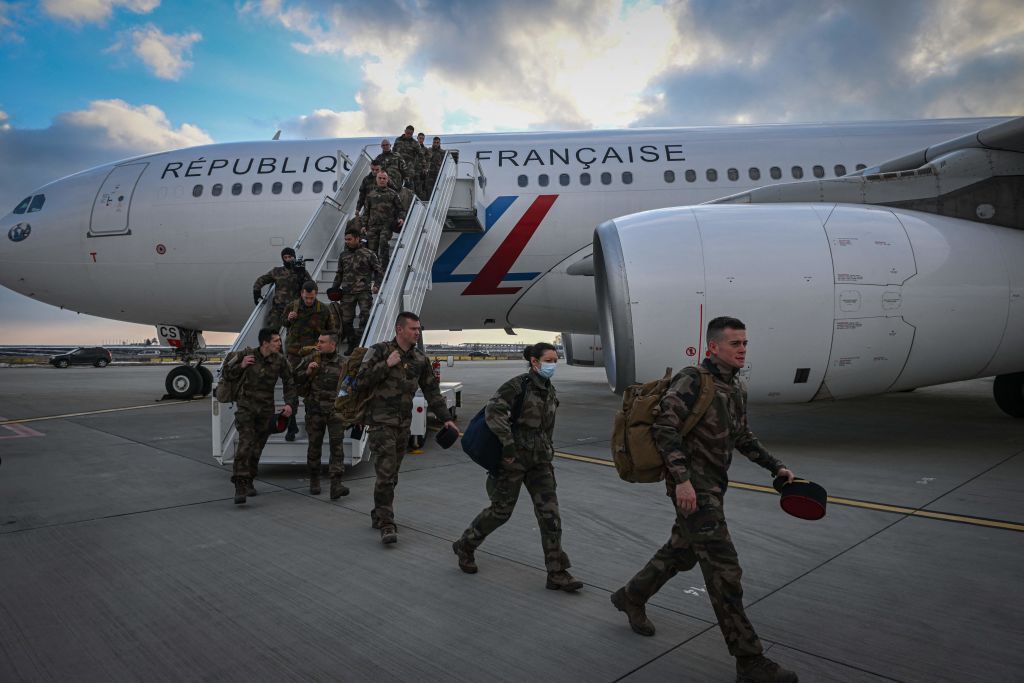Italian defense minister rules out sending troops to Ukraine, says the discussion 'increases tensions'

Italian Defense Minister Guido Crosetto ruled out sending troops to Ukraine in an interview with the Italian newspaper Corriere della Sera, published on May 4.
French President Emmanuel Macron said in late February that sending Western troops to Ukraine cannot be "ruled out" in the future. The U.S. and many European allies have distanced themselves from his statement.
Macron reiterated this idea in May, saying that he would consider sending troops in the case of a Russian breakthrough at the front or if Ukraine requested it.
Crosetto said that he does not understand the purpose of Macron's statements, adding that the discussion around the possible deployment of Western troops in Ukraine "increases tensions."
"Our position does not change: we have always said that Ukraine needs help in every possible way, and we are doing it, but we have also always ruled out direct intervention of our military in the conflict," the minister said.
Italy's law prohibits direct military intervention, according to Crosetto. Rome can only consider armed intervention under an international mandate, such as the UN, the minister said.
"The scenario envisioned in Ukraine not only does not fit this case, but it would also ignite a further escalation of the conflict, particularly to the detriment of the Ukrainians themselves. In essence, there are no conditions for our direct involvement," Crosetto said.
Macron's remarks sparked a lively discussion among allies, with many NATO members, including Germany and the U.S., rejecting the possibility of sending Western troops to fight against Russia in Ukraine.
Other countries, such as Estonia and the Czech Republic, said that the deployment of troops, for example for non-combat tasks, should not be completely ruled out.
Kyiv has not appealed to the West to send troops to Ukraine, instead asking for increased arms supplies to help Ukrainian soldiers fend off Russian aggression.













